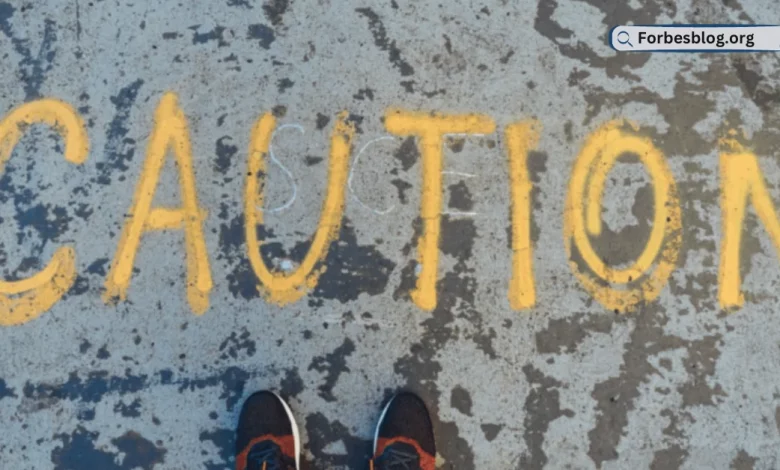9 Relapse Triggers and How to Avoid Them

An individual is quite vulnerable when recovering from addiction, and staying clean is a minute-by-minute battle. Because of this, relapse triggers are very dangerous and should be avoided by any means necessary. Unfortunately, recovering addicts may not be familiar with their triggers, making daily life difficult. To help make recovery more manageable, we have outlined a few possible triggers and how to avoid them, so keep reading to learn the nine most common triggers.
Table of Contents
Places
Celebrations, parties, certain friends’ houses, or other locations that provide drugs or alcohol can be triggering. Additionally, any place where substances were consumed could also be a trigger. To avoid these triggers, simply avoid the locations. Unfortunately, some holidays or celebrations may need to be skipped, but if your family/friends support your decision to remain sober, they may be ok with having alcohol-free events.
People
Certain people in your life may be significant triggers for a few reasons. For example, people who consumed drugs with you in the past and don’t take your recovery seriously or cause you stress could be triggering. When going through recovery, you want to be surrounded by people that support you and make you comfortable. If, for any reason, a person’s presence gives you the urge to use, kick them to the curb until you are in a better state of mind. Removing someone from your life can be difficult, here you can find a few tips that may help with the process.
Cigarettes
Cigarettes are a possible trigger for individuals that smoke as they consume drugs or alcohol. The two usually go hand in hand, and many people state that when addiction drugs, they smoked cigarettes when they usually wouldn’t. To avoid this trigger, quitting smoking and staying away from other smokers could help. Of course, cigarettes may not be a trigger for everyone, so that is to be determined individually.
Scents
Oddly, Scents have a strong connection to memory and emotion, which is why scents can be highly triggering. Each person will have different scent triggers, and they may be hard to find and eliminate. Take some time to go over the day-to-day routine from when drug use was frequent and consider what smells may have been around. Some smells may be candles used to mask the scent of drugs, perfumes that other drug users wore, or foods that were eaten often during your time of addiction.
Stress
Stress is a major trigger for those in recovery and should be avoided as much as possible. Some stressful situations to evade could be confrontations with certain people, stressful jobs, or complicated relationships. To prevent stress-related relapse, significant life changes may be needed. For many recovering addicts, a rehab facility is a key component to finding relaxation and avoiding stressful triggers. If interested, here is some information on what to expect at a recovery center addiction.
Old habits
When a person becomes addicted to a substance, the drug itself is not the only habit that develops. For example, you may have used drugs every day while watching television or in the morning when you woke up. Therefore, watching tv or simply waking up could become triggers. However, you can avoid feeling triggered by every day activities by replacing old habits with new healthy ones or changing how things are done.
For the TV example, rearranging the space where you watch television could help eliminate habitual cravings. And as for the waking up and consuming example, you could try waking up and doing yoga instead.
Being hungry
When the body’s basic needs are not being met, we are more likely to participate in self-destructive behaviors. This hunger refers to not only our nutritional needs but our hunger for certain emotions, relationships, or other non-tangible things. Eating healthy and working towards reaching our goals can help us avoid the possible triggers of being “hungry.”
Physical pain
Since many people form their drug abuse habits from prescription pain relievers, it may be no surprise to hear that physical pain is a massive trigger. When in pain, the first thing anyone will want to do is take some medication and make it go away.
This trigger can be tricky to avoid considering that pain medications are usually the treatment method of choice for many doctors. However, there are alternatives to medication, and by being upfront with your doctor about your addiction, a treatment plan can be created. A few alternatives and preventative measures are a healthy diet, exercise, topical creams, saunas, or cryotherapy.
Loneliness
Unfortunately, recovery can feel quite lonely for many people. It is common to abandon many relationships and activities that may harm your sobriety. It is easy for a person to fall into a depression that may trigger drug use when this happens. To avoid these feelings of loneliness, try finding new friends, hobbies, and support groups. Having someone to call or something to do when feeling down can significantly impact a person’s sobriety.
Being triggered is the most common reason an individual has a relapse, and avoiding triggers to the best of your ability may make or break your sobriety. So, consider these possible triggers and implement changes that could help eliminate them.
VISIT FOR MORE ARTICLE : forbesblog.org




